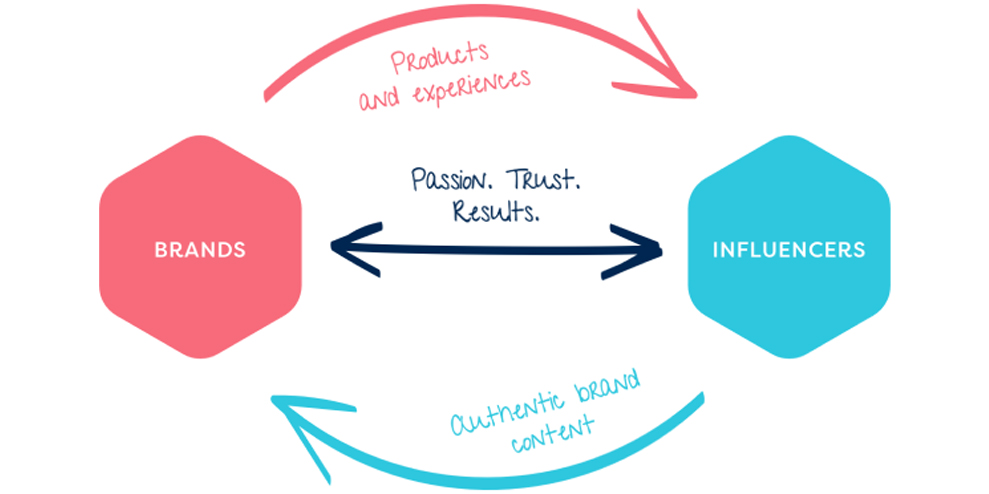The aspirational lifestyle displayed by many influencers might have made sense during the good times, but during a cost-of-living crisis it is proving a turn-off for many Gen Z consumers across the UK, new research finds.
Takeaways
- Forty-four percent of Gen Z say the cash-rich lifestyles of influencers amidst the cost-of-living crisis infuriates them, according to data from Room Unlocked, a platform focused on authentic relationships between brands and influencers.
- The same proportion (44%) say that comparing their lives to the unrepresentative lives of content creators has a negative effect on their mental health.
- British influencers are among the best-paid in the world, pocketing £117.48 an hour, or £137,000 a year if they worked full-time, according to data from Adobe.
Why it matters
Influencer marketing is here to stay but it’s in a constant state of evolution as it matures and starts to shift into social commerce. But having apparently well-off influencers attempting to sell products directly might not be the best play for brands, as the gap widens between the experience of those influencers and their followers.
What do to
“The most aware influencers will now blend their aspirational lifestyles with the support of causes that they genuinely care about,” says Alex Payne, CEO and co-founder of Room Unlocked. “Audiences are more aware than ever to incongruous collaborations, but they are also more demanding that the people they follow lead in more ways than one.”
Read more on the evolving relationship between marketers and influencers in WARC’s new report, produced in partnership with Impact.com: Aligning marketers and influencers: Shifting perspectives on influencer marketing across the funnel.
—
This article first appeared in www.warc.com
Seeking to build and grow your brand using the force of consumer insight, strategic foresight, creative disruption and technology prowess? Talk to us at +971 50 6254340 or engage@groupisd.com or visit www.groupisd.com/story




